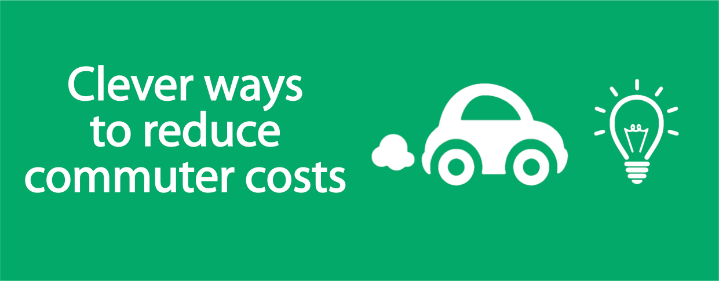Prices always seem to be on the rise, and there is nothing that you can do to fight it except to save in areas where you may have been excessive in the past. We came across some smart and practical motoring tips that every road user should be aware of if they are keen to save on vehicle costs.
Your top priority should be your choice of vehicle. If you are looking to invest in a new car that is more economical with fuel, do some calculations first:
If you travel an average of 25 000 kilometres a year, a car which uses 7l/100km will cost you around R91 000 in fuel over the typical four-year financing period. A car which uses 6l/100km will use around R78 000 of fuel over the same four-year period (at today’s prices). Although, if the more economical car costs R50 000 extra then you will still be R37 000 worse off over the four year period. So you might be better off overall with the less economical vehicle, if you are spending extra for improved comfort, safety or technology then the argument loses some impetus. But if you are looking to change vehicles based on economy alone then it’s worth taking an in-depth look at fuel costs versus the difference in purchase price.
Servicing is often neglected when motorists are tight for money, particularly if they don’t have a service or maintenance plan. However, a R300 wheel alignment check could get you an extra 10 000km from your tyres. Proper wheel alignment makes your car more pleasant to drive and ensures top braking and steering performance, saving you money in the long run.
Something as simple as checking that your tyres are correctly inflated every week and half can also save you money. This not only extends the life of your tyres but reduces your fuel consumption. Under-inflated tyres have increased rolling resistance, which uses more fuel to maintain the same speed than correctly-inflated tyres would.
Many South Africans make the mistake of going on separate journeys to collect the kids, go shopping, fill up with fuel or just doing a random chore. Combining several short journeys into one round trip can save fuel. Driving just ten kilometres less per week can save around R40 a month, that’s nearly R500 a year!
Finally, being aware of your driving style can make a big difference. The only difficulty is in remembering lot’s of small ways to curb your fuel expenditure. Some of these driving habits to remember include avoiding using full power regularly, changing to higher gears earlier and looking ahead in traffic to anticipate green traffic lights. The best way to monitor your fuel consumption is to keep a logbook, which can also serve as an early warning system if your fuel consumption inexplicably rises with the same driving style.
If you are serious about cutting your motoring costs you may be pleasantly surprised (and partially appalled) at the amount you could be saving. These tips are centred around fuel expenditure, and rightly so, in a time when fossil fuels are becoming an outdated energy source we should be increasingly aware of fatuous waste.
